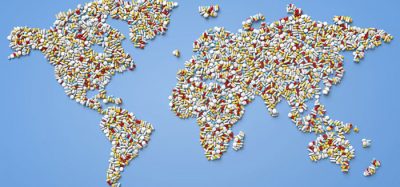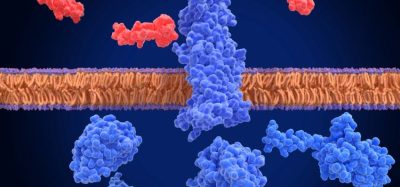Research focus should remain on high quality studies during COVID-19 pandemic, say scientists
Exceptions to high quality research should not be made simply because of the COVID-19 pandemic, argue scientists in a new commentary.
Scientists have argued in a commentary piece that global crises are no excuse for lowering scientific standards in research.
In light of the COVID-19 pandemic, Alex London from Carnegie Mellon University, US and Jonathan Kimmelman from McGill University, Canada suggest that the urgencies of crises situations require researchers, medical professionals, health authorities and other stakeholders to triage low-quality research efforts.
As the global coronavirus pandemic evolves, scientists worldwide are conducting studies to address the crisis at unprecedented rates. However, according to London and Kimmelman, these efforts are threatened by the widespread perception that public health emergencies demand exceptions to the usually high standards of research in order for science to become feasible during such challenging times. The result has been a rise in low-quality studies – many published on pre-print servers and lacking peer-review. According to the authors, some of these studies have caught the public’s attention, as well as the resources of policymakers.
However, the problems that rigorous scientific methods are designed to identify cannot be ignored in the face of urgency, the authors write. Ultimately, the proliferation of poorly designed studies amplifies the risk of diverting scarce resources towards false leads and ineffective practices, while increasing uncertainty about how best to treat patients or develop public health interventions.
Overall, London and Kimmelman present five criteria of quality: importance, rigour, analytical integrity, transparency and feasibility. They argue that research and public health stakeholders have a responsibility to evaluate and triage studies that fail to meet these conditions and to combine efforts, labour and resources to quickly and efficiently complete high-quality investigations that have the greatest potential to advance public health.
The piece was published in Science.










